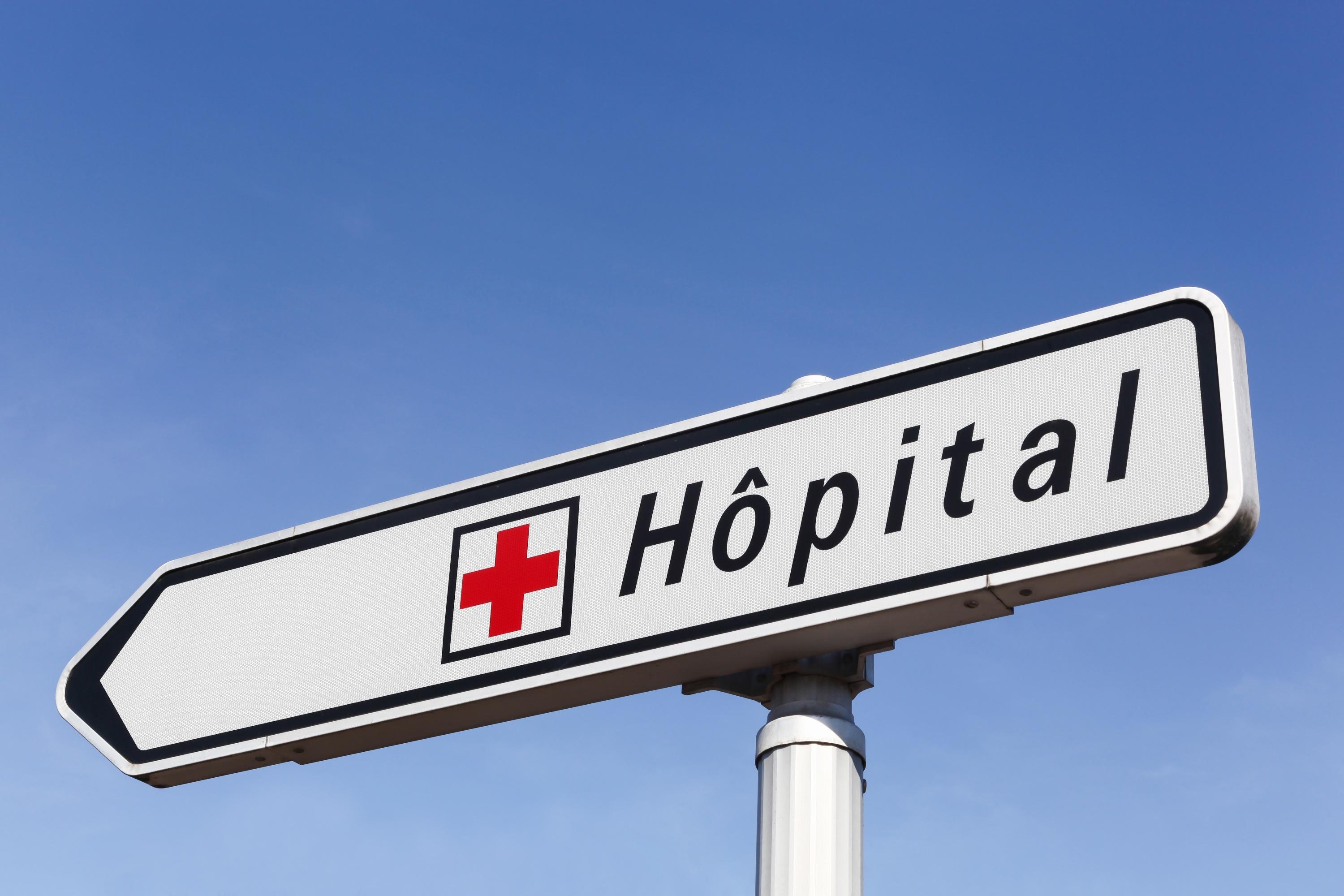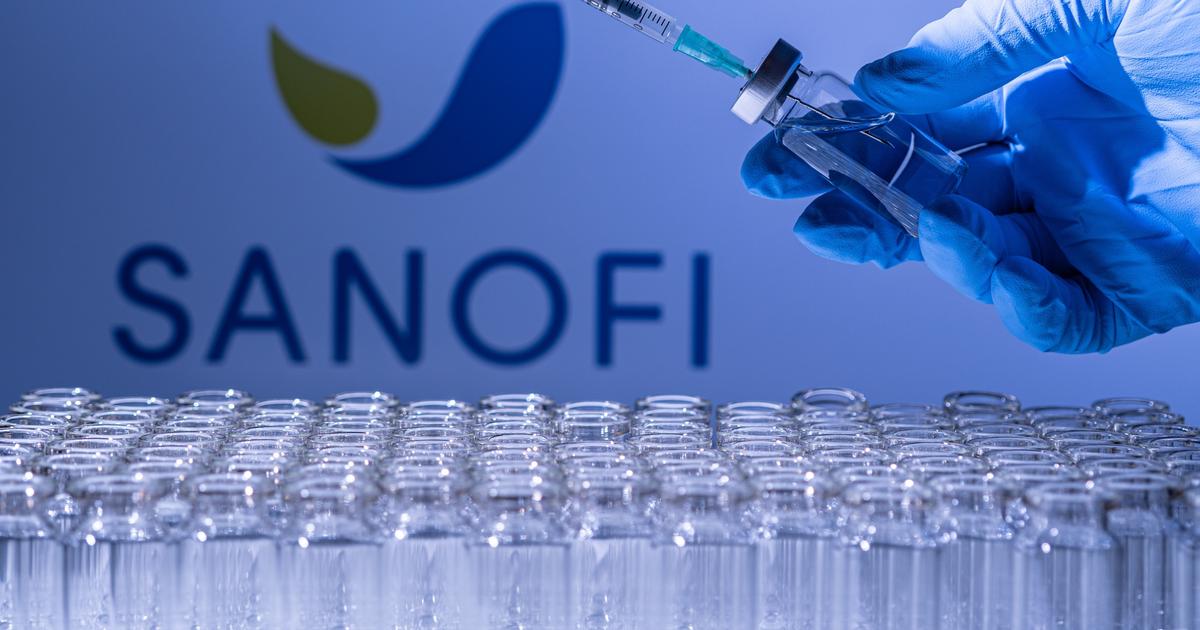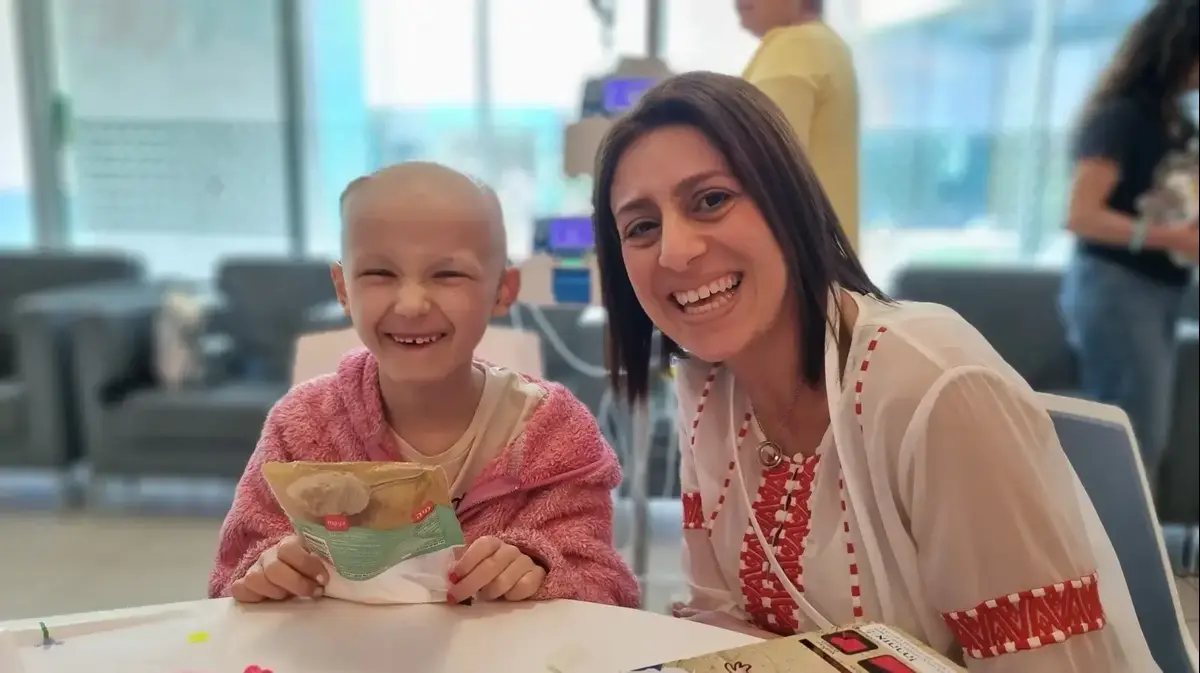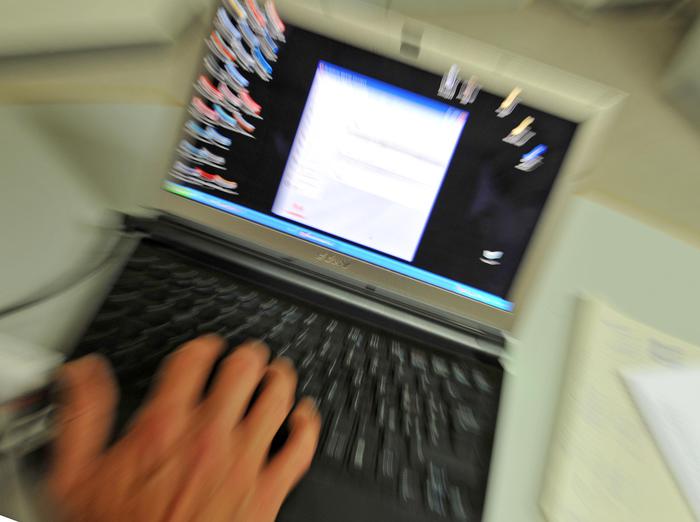Unlike the American insurance system, European health systems are all built on the principle of national solidarity: the State, relying on public social security schemes, takes charge of the health of its fellow citizens.
The French are very attached to their health system and their caregivers.
They are right.
The COVID crisis has not broken this attachment, it has strengthened it.
The pandemic has also made them suddenly aware of the real state of the care structures and the efforts that the caregivers, already exhausted, are making to keep it afloat.
As such, the summer of 2022 will be the summer of all dangers and the major difficulties are already emerging on the specialties which cannot suspend or reduce their activity during the summer months: emergencies, maternity wards,
” READ ALSO –
Chemotherapies, immunotherapies… What are cancer treatments?
In the latter area, cancerology adds its own complexities to a crisis that has already caused us to fall behind.
The WHO has posted worrying figures on the delay in diagnosis (>30% depending on the country) and in the care of patients.
In the field, too many cancer beds are closed, forcing outpatient practice to adapt, sometimes too quickly.
Surveillance consultations are giving way to unscheduled emergency consultations and some technical platforms (such as radiotherapy) operate with small teams.
Day hospitals are overcrowded.
This list of side effects is not exhaustive.
Even more worrying is the exhaustion of professionals who cannot see the end of the tunnel.
Given the existing pre-summer situation,
Degraded procedures have reached their limits
The holistic approach developed over more than 20 years in oncology gives a pivotal place to a therapeutic approach built by specialized professionals with the patient.
Key steps mark out the course of cancer care: diagnosis and precise characterization of cancer, announcement consultation, personalized care program, social support, therapeutic education, after cancer or care palliatives, nutrition, pain management, or adapted physical activity.
This complex journey is the basis of modern management of cancer patients.
The Institut Curie within centers for the fight against cancer, hospital-university or non-university cancer services, the
INCa and patient associations have built these pathways.
We see the daily benefits for patients and carers.
In oncology, there can be no turning back.
All actors must be mobilized.
As such, it is not correct to say that the State is not in support, to say that the Regional Health Agencies do not understand anything, or that the Ministry of Health has not become aware of the extent of the situation as it would be wrong to believe that everything will go normally this summer in cancer services.
Faced with these challenges, all establishments are activating various levers: regulating downstream sectors, working on a territory with its partners, reducing hospital stays, encouraging home hospitalizations, optimizing on-site visits, allocating human resources in the most stressed sectors.
However, he does
there is nothing magic to reduce the frustration and fatigue of caregivers as well as the anxiety of patients.
The "degraded procedures" (language that has become common practice during the Covid era) have reached their limits, the capacities for resilience, the organization of our health system probably too.
“We are going to have to adapt, anticipate, be agile but also tolerant and caring for each other.”
Steven Le Gouill
Our health system is based on solidarity, we must not forget that.
Patients, caregivers and all citizens must show solidarity and understand that we will have to adapt, anticipate, be agile but also tolerant and caring for each other.
It will still be necessary to invest massively in training for health professions, care tools and first and foremost digital technology, review the salaries of caregivers (and not only play on bonuses) by rebuilding equity between health professionals while taking into account the specificities of the different care sectors, such as oncology.
The alarm bell that rang at the beginning of this summer 2022 should not ring again in 2023.









